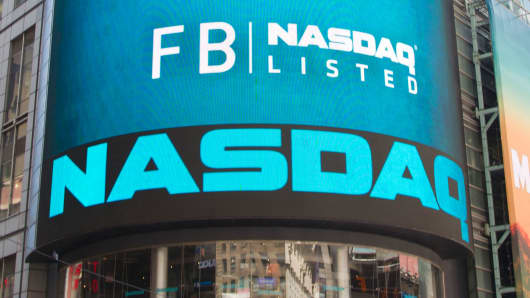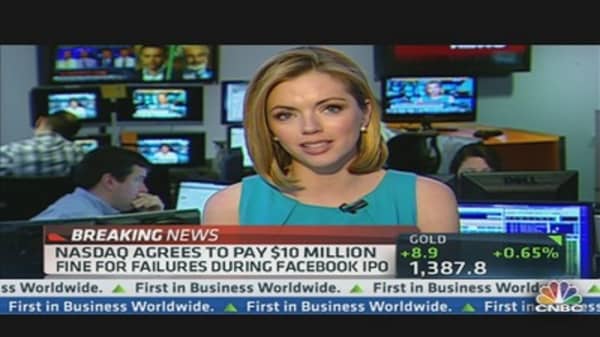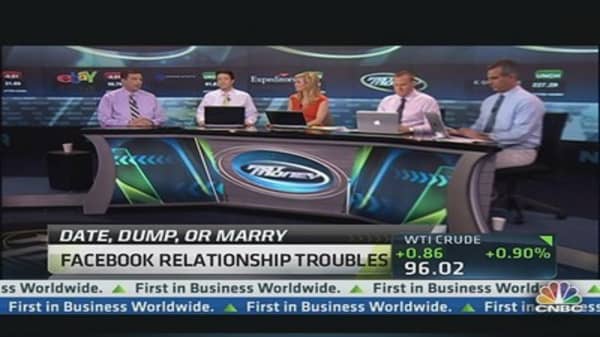The Securities and Exchange Commission slapped the Nasdaq with a $10 million fine for alleged securities laws violations resulting from its "poor systems and decision-making" during the Facebook IPO.
It is the largest fine ever levied against a stock exchange by the SEC.
"Exchanges have an obligation to ensure that their systems, processes and contingency planning are robust and adequate to manage an IPO without disruption to the market," the SEC said in a statement. Despite "widespread anticipation that the Facebook IPO would be among the largest in history with huge numbers of investors participating, a design limitation in Nasdaq's system to match IPO buy and sell orders caused disruptions to the Facebook IPO. Nasdaq then made a series of ill-fated decisions that led to the rules violations," it said.
(Read More: Facebook Shares: One Year Later)






